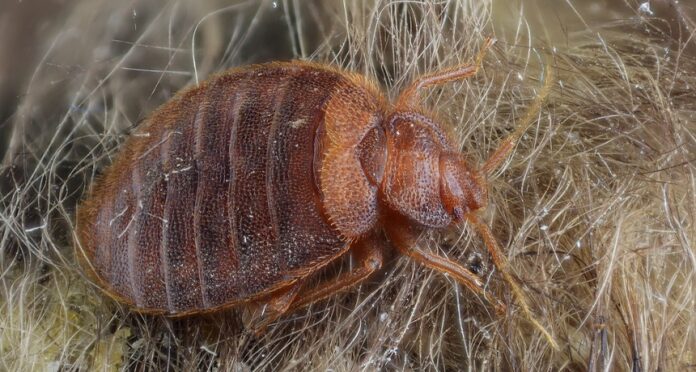
Unwanted Hitchhikers: A Look into the Growing Issue of Bed Bug Eggs on Clothes
Have you ever thought about the potential dangers lurking in your closet? While it may seem far-fetched, the presence of bed bug eggs on clothes is a growing concern that can lead to serious infestation problems in your home. These unwelcome hitchhikers are becoming more prevalent and can quickly turn into a nightmare. In this article, we will delve into the rising issue of bed bug eggs on clothes, how they spread, and what steps you can take to prevent their transmission into your living space.
Bed bugs are small, parasitic insects that reside in cracks, crevices, and other tight spaces, typically in close proximity to sleeping areas. These nocturnal creatures feed on the blood of humans and animals and are notorious for their ability to travel undetected. While most people associate bed bugs with beds and mattresses, they can be found nearly anywhere, including clothing.
The primary mode of transportation for bed bugs is through human movement. They can easily latch onto clothes, shoes, bags, or any other fabric, hitching a ride to a new location without being noticed. This makes hotels, apartments, and public transportation hubs common hotspots for bed bug infestations. Once they find their way into your home, they will nest in furniture, carpets, and electrical outlets, waiting for the opportune moment to feed on unsuspecting victims.
One of the main concerns regarding bed bug eggs on clothes is their challenging nature to detect. Bed bug eggs are milky white and about the size of a pinhead. Their minuscule size and coloration make them nearly invisible to the naked eye, especially when hidden within fabric fibers. As a result, it’s not uncommon for people to unknowingly bring home these unwanted hitchhikers without any immediate signs or symptoms.
To make matters worse, bed bug eggs are highly resilient. They can survive in a wide range of temperatures and moisture levels, enabling them to withstand harsh conditions. Combined with their ability to remain dormant for several weeks, these eggs become a ticking time bomb, waiting to hatch and initiate a full-blown infestation.
So, how can you protect yourself from bed bug eggs on clothes? Prevention is key. When staying in hotels or using public transportation, always be vigilant. Inspect the bedding, furniture, and clothing storage areas for any signs of bed bugs, such as small bloodstains, dark fecal spots, or live insects. Avoid placing your luggage directly on the floor or bed, and consider using protective covers for your suitcase. When returning home, immediately launder all clothing in hot water and dryer-dry them on high heat to kill any potential hitchhikers.
Additionally, it is essential to minimize clutter in your home. Bed bugs thrive in messy environments, as it provides them with ample hiding spots. Regularly vacuum furniture, carpets, and baseboards, paying extra attention to cracks and crevices. Consider using a steam cleaner to eliminate any potential bed bug eggs that might have attached to upholstery or curtains.
If you suspect a bed bug infestation, seek professional help immediately. DIY methods often fall short when dealing with these resilient pests. Pest control experts possess the knowledge, experience, and appropriate treatment options to effectively eradicate bed bugs from your home and prevent their recurrence.
In conclusion, the issue of bed bug eggs on clothes is a growing concern that can quickly escalate into a full-blown infestation. Due to their tiny size, bed bug eggs can easily go unnoticed, making it challenging to prevent and contain their spread. By adopting preventive measures such as thorough inspection of hotel rooms and transportation, immediate laundering of clothes, and regular maintenance of clutter-free environments, you can minimize the risk of bringing these unwanted hitchhikers into your living space. Remember, early detection and professional assistance are key to controlling bed bug infestations and maintaining a bed bug-free home. Stay vigilant, and protect yourself from these annoying pests lurking in your own closet.

















